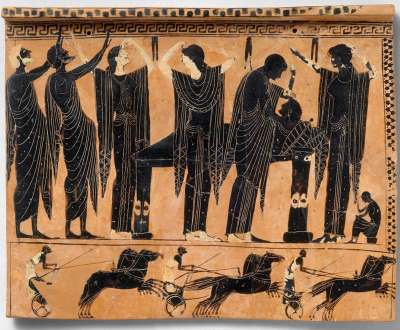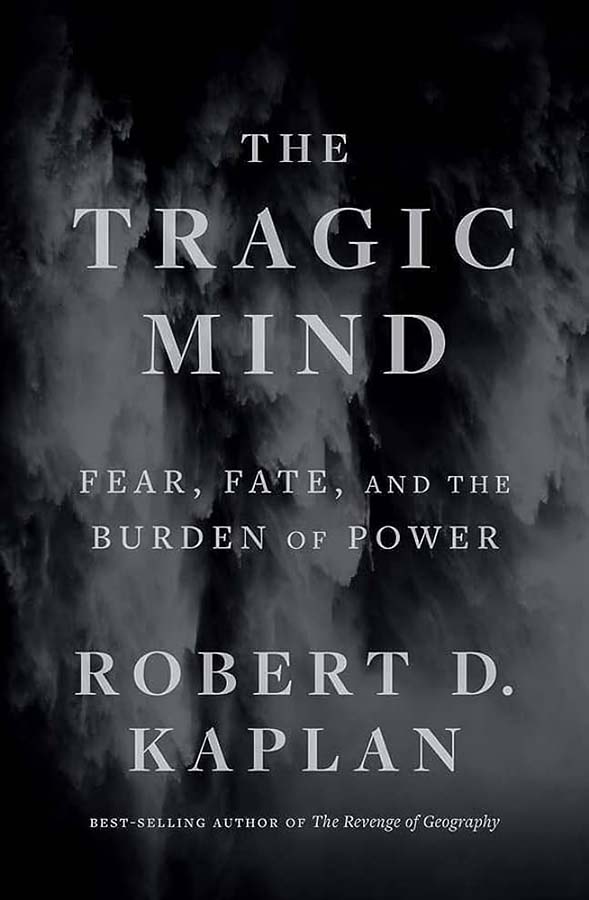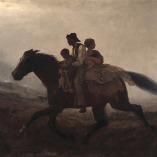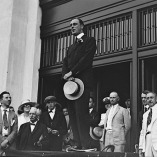
Terracotta funerary plaque, Greece, c. 520 BC. The Metropolitan Museum of Art, Rogers Fund, 1954.
“The Greeks knew that many problems have no solution,” journalist Robert D. Kaplan says on this episode of The World in Time, about his inspiration for writing The Tragic Mind. “They knew that leaders and people in their daily lives often face only bad choices. And yet the world at the same time is beautiful. The Greeks could admit a beautiful world and that the world ultimately could not be fixed. In this book, I define tragedy not as the triumph of evil over good, or the common misfortunes of life that we all face, or vile crimes against humanity…Tragedy is about the difficult choices that we all make between one good and another good where, whichever you choose, you will cause suffering.”
This week on the podcast, Lewis H. Lapham speaks with Robert D. Kaplan, author of The Tragic Mind: Fear, Fate, and the Burden of Power, about his career reporting on wars and revolutions around the world, the myth of American exceptionalism, and what ancient thinkers like Euripides understood about thinking tragically.
Thanks to our generous donors. Lead support for this podcast has been provided by Elizabeth “Lisette” Prince. Additional support was provided by James J. “Jimmy” Coleman Jr.






